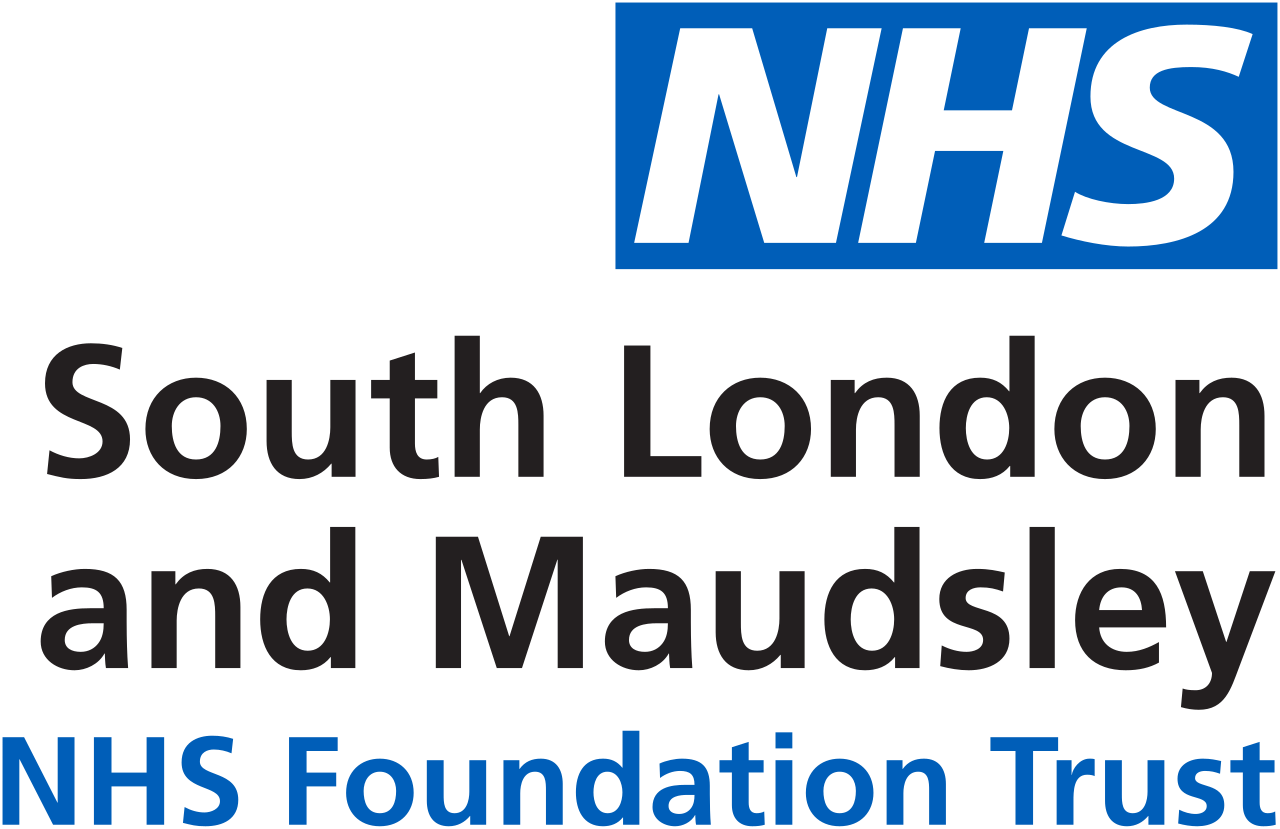An investigation of the consequences of obsessive compulsive symptoms (OCS) and comorbid obsessive compulsive disorder (OCD) on service use, medications, mortality and other adverse outcomes in individuals with serious mental illness
Obsessive compulsive symptoms (OCS) and obsessive-compulsive disorder (OCD) are common in people with serious mental illness and have been linked to worse outcomes including, poorer quality of life, more suicide attempts, and smaller social networks; however, studies on this topic have been hampered by small and selective samples. Studying OCS or OCD in SLaM service users means we have the advantage of a comprehensive non-selected sample to help us understand outcomes in these people providing pointers to causes prognosis, and treatment and helping to help identify groups at increased risk which may inform a more personalized approach to treatment.

